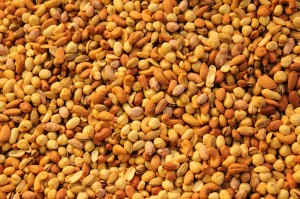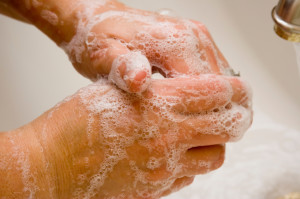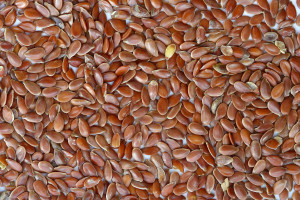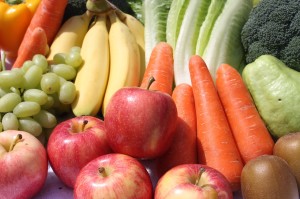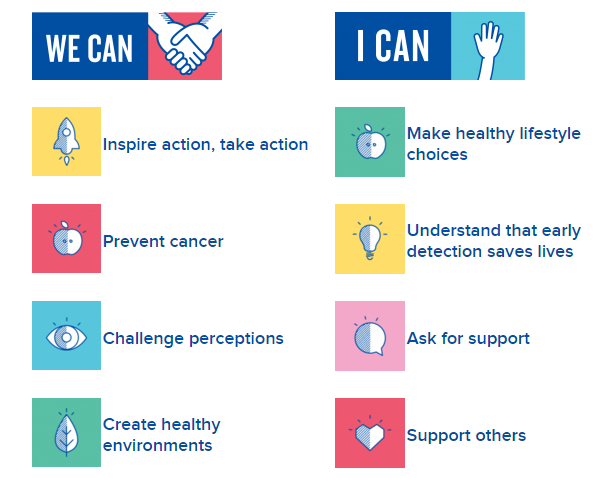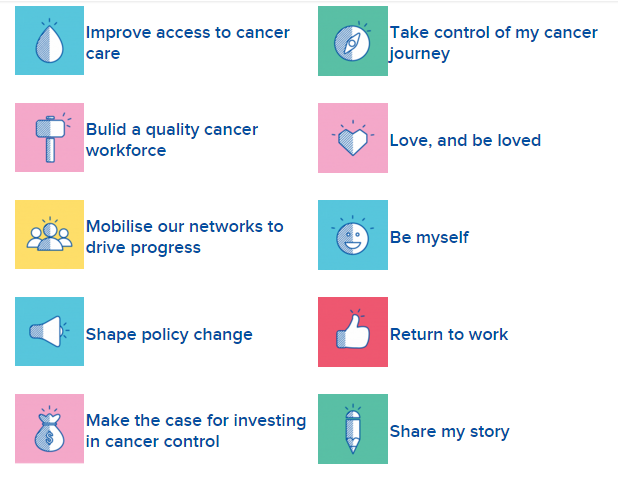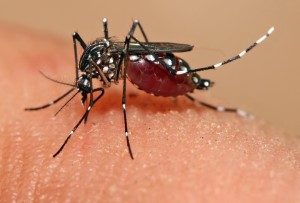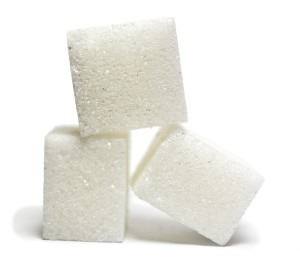India has the largest diabetic population in the world, over 40 million. Each year a further 7 million people develop diabetes. Every 10 seconds two people develop diabetes. – International Diabetic Foundation Click here for more information on diabetes and take the test to check your risk for this life style disorder.

What is Diabetes?
Diabetes is a disorder where in the human body does not produce or properly use insulin, a hormone that is required to convert sugar, starch and other food into energy. Therefore the sugar levels in the blood are extremely high, which plays a role in destroying the small arteries of the heart, kidneys and eyes, and the body starts breaking down fats and protein to generate energy which leads to accumulation of toxic byproducts.
Causes of Diabetes:
There are two types of diabetes which are caused by different factors. Type I diabetes is due to complete destruction of the cells that produce insulin in the body. This can be caused by genetic diseases etc. Type I is relatively a rare form of diabetes and is usually present from childhood. The most common form of diabetes is type II diabetes, where body produces insulin which is either not sufficient or it is not able to utilize insulin effectively. The common causes of type II diabetes are hereditary factors, obesity, sedentary lifestyle and physical or emotional stress, where drug induced diabetes or infections are relatively rare.
What are the symptoms and complications of Diabetes?
In the initial stages, diabetes presents with the three Ps-Polydipsia, Polyphagia and Polyuria, which means increased appetite, increased thirst and increased urination. These symptoms are combined with increased fatigue and easy irritability due to poor supply of energy to the brain. Poor wound healing is a classic symptom of diabetes and is sometimes the first objective sign of underlying diabetes. Poorly controlled diabetes can also cause blurred vision, kidney damage and cardiac vessels damage resulting in heart attacks.
Detecting Diabetes
I have always thought that being chubby is a sign of prosperity! It is indeed a sign of affluence. It signifies that you have the means to eat well and does not signify good health! So, yes, while it is a sign of prosperity, it is not necessarily a sign of health! In fact, it is the opposite!
Treating Diabetes
There is no cure yet for diabetes. However, with the right diet, exercise and medications, diabetes can be optimally controlled to give you a near to normal life and protect you against any complications.
Complications of Diabetes
On an average, people with type 2 diabetes will die mostly due to cardiovascular disease 5-10 years before as compared to the people without diabetes. Every 10 seconds a person dies from diabetes-related causes. 10% to 20% of people with diabetes die of renal failure- International Diabetic Foundation.

What are the major complications of diabetes?
The major complications caused by diabetes are mostly to do with the damage of the blood vessels supplying the organs. The most common organs affected by this disorder are the kidneys, the heart, the eyes and the nerves.
What kidney problems can diabetes cause?
Kidney functions as a filtering machine in a human body by throwing out the waste in the form of urine. Uncontrolled diabetes damages the kidney and prevents it from carrying out its functions thus leading to accumulation of wastes in the body, which causes further problems. Early stage of kidney disease is known as microalbuminuria which can be detected by a simple urine test. Once detected to have microalbuminuria, your doctor will prescribe medications in addition to your regular diabetic medications to delay the damage of your kidneys. At the stage of microalbuminuria, the kidney damage is completely reversible and therefore gives you a good chance to get control of the diabetes and prevent long term damage.
What heart problems can diabetes cause?
Diabetes is one of the leading causes of heart attacks in the world, because it causes great damage to the blood vessels of the heart. This is probably the most dangerous complication of diabetes as it can cause immediate death too.
What eye problems can diabetes cause?
The most common eye complication of diabetes is known as diabetic retinopathy. In the early stages, it presents as blurred and distorted vision. In the most severe form, it can cause blindness. It is therefore essential to get your eyes checked by a competent eye doctor at least once a year.

What are the nerve problems caused by diabetes?
Nerves depend on multiple tiny vessels which carry nutrients and oxygen to keep intact all the segments of very long nerves. Damage to one small segment can result in loss of feeling, pain or burning sensation that bother the foot and leg which later on lead to loss of sensation. The loss of sensation causes injury to the leg to go without being noticed. Since diabetes already causes non healing wounds, these wounds tend to get infected. In later stages, surgery would be the only way to heal such wounds. It may result in removing of the affected toe, toes or even parts of the affected leg.
What are the other problems caused by diabetes?
Apart from the above, diabetes can cause infections of the skin, poor healing of other infections, worsening of asthma due to infections etc. Most of the complications of diabetes can be prevented by optimal control of blood sugar levels with diet, exercise and medications.
Living with diabetes
Optimum control of diabetes can help you lead a near normal life. Almost all complications of diabetes are preventable. Diabetes control is predominantly with Diet and Exercise.
What should I do to live healthy with diabetes?
Living with diabetes is not very difficult as people make it out to be. It involves regular blood sugar monitoring, eating healthy, and leading an active life with good compliance to diabetic medications.
Monitoring Diabetes
Diabetes can be monitored at home with the help of easy to use blood sugar monitoring machines. Fasting glucose levels and glucose levels 2 hrs after food are commonly used to check if the control of the disease is optimal.
What is an ideal diet for diabetics?
There is no one ideal diet that suits everyone, but there are certain basic principles for a healthy diet. The first principle is to eat small quantities in more frequent intervals. So instead of 3 heavy meals, eat about 5 small meals in a day with equal spacing between meals. Include large portions of boiled vegetables in your diet and have ONE fruit per day. Increase your consumption of oat meal and reduce eating fried oily food. Occasional splurge will not do much damage to your body, but that’s the key-keeping it occasional so that you do not miss the smaller pleasures of life.
Why is exercise important?
Exercise helps by reducing obesity which is an important cause for improper utilization of insulin. Also exercising muscles use much less insulin to absorb glucose, thereby giving you a double benefit. Add to that, the fact that exercise will help you to burn fat and thus reduce its accumulation in the blood vessels, thereby preventing most complications of diabetes; this is indeed a wonder drug. Active exercise for 45 minutes a day, 5 days a week, will not only add years to your life, but will also add life to your years.
So to put it in a nutshell:
Eat well and eat right! Exercise! It can be swimming, jogging, cycling, aerobics – Take your pick! Check your fasting and post prandial blood sugar every three months and your HbA1c once in 6 months!
Our collaborator, is preventive care and wellness physician, Dr. Wasim Mohideen. A medical professional with an MBA and Post Graduate training in Allopathy as well as Alternative medicine, he strives to bridge the gap between modern medicine, traditional treatments and healthcare management.
Picture Courtesy:
Home
expertbeacon.com
http://dailynaturalremedies.com/.


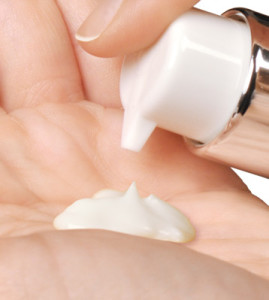

 6. Encourage your children to volunteer. Keeping healthy is also about keeping healthy habits.
6. Encourage your children to volunteer. Keeping healthy is also about keeping healthy habits.








